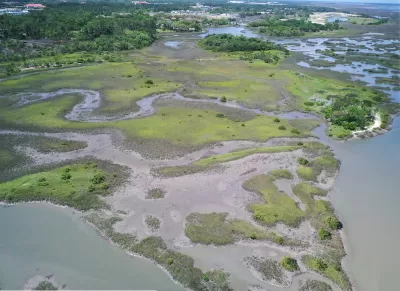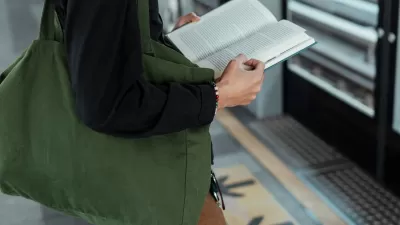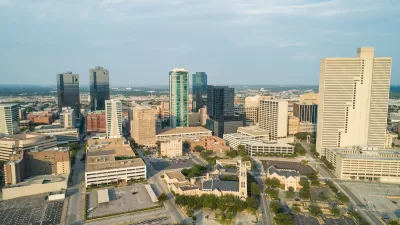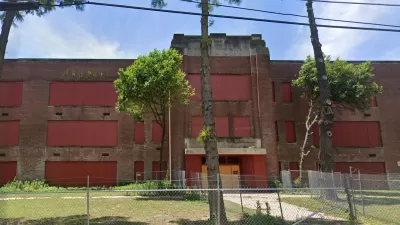In the late 1700s, Fort Mose was home to enslaved African people seeking freedom from the English colonies farther north along the Atlantic coast.

The first legally sanctioned free Black settlement in the United States — predating the Civil War by a century — will soon offer visitors a life-sized replica of the complex known as Fort Mose, which has been buried under earth and water on the Florida coast.
Sarah Enelow-Snyder describes the history and rediscovery of the fort in The Washington Post, writing, “An early iteration of the Underground Railroad in the 17th and 18th centuries brought enslaved people from English plantations in the Carolinas down to freedom at Fort Mose, which was controlled by Spanish settlers.”
After the first freedom seekers arrived in St. Augustine in 1687, more followed. Once the exodus of enslaved people began threatening the English economy to the north, the English attacked the fort multiple times, and it was eventually abandoned. “Starting in the 1980s, archaeologists uncovered the fort’s moat, clay-covered earth walls, and interior wooden buildings. They found artifacts including gun flints, flattened bullets, metal buckles, ceramics, glass bottles, burned seeds and bones from food sources.” The new replica will reimagine the fort as it would have looked when it was first built based on existing information and other Spanish forts.
FULL STORY: First free Black settlement in U.S., long buried, is being resurrected

Trump Administration Could Effectively End Housing Voucher Program
Federal officials are eyeing major cuts to the Section 8 program that helps millions of low-income households pay rent.

Planetizen Federal Action Tracker
A weekly monitor of how Trump’s orders and actions are impacting planners and planning in America.

Ken Jennings Launches Transit Web Series
The Jeopardy champ wants you to ride public transit.

Crime Continues to Drop on Philly, San Francisco Transit Systems
SEPTA and BART both saw significant declines in violent crime in the first quarter of 2025.

How South LA Green Spaces Power Community Health and Hope
Green spaces like South L.A. Wetlands Park are helping South Los Angeles residents promote healthy lifestyles, build community, and advocate for improvements that reflect local needs in historically underserved neighborhoods.

Sacramento Plans ‘Quick-Build’ Road Safety Projects
The city wants to accelerate small-scale safety improvements that use low-cost equipment to make an impact at dangerous intersections.
Urban Design for Planners 1: Software Tools
This six-course series explores essential urban design concepts using open source software and equips planners with the tools they need to participate fully in the urban design process.
Planning for Universal Design
Learn the tools for implementing Universal Design in planning regulations.
Heyer Gruel & Associates PA
Ada County Highway District
Institute for Housing and Urban Development Studies (IHS)
City of Grandview
Harvard GSD Executive Education
Toledo-Lucas County Plan Commissions
Salt Lake City
NYU Wagner Graduate School of Public Service





























